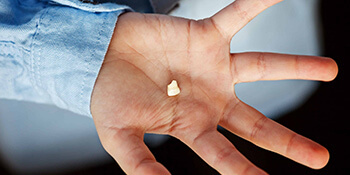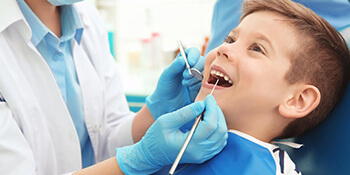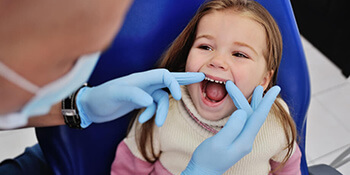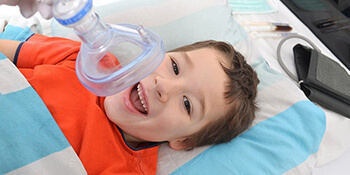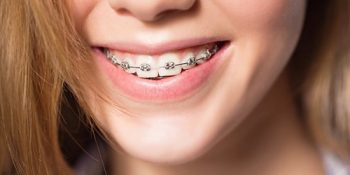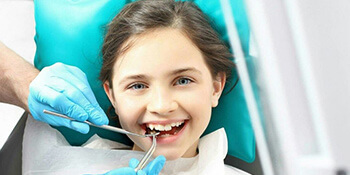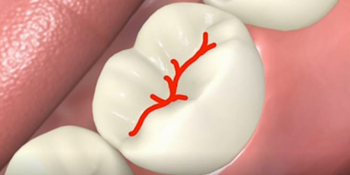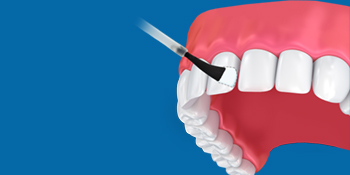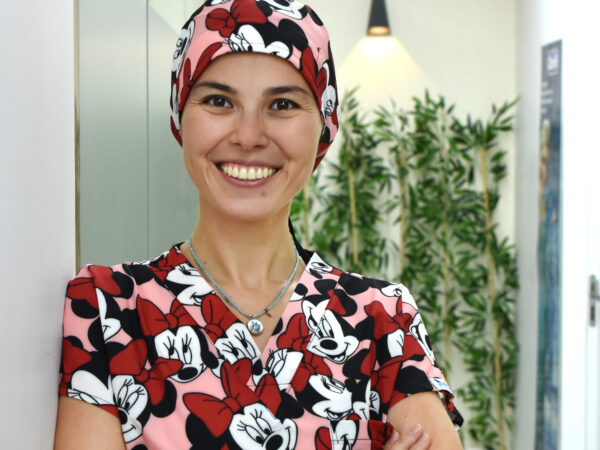General Anesthesia
Tooth decay does not only affect the oral and dental health of children; It also affects general health, sleep patterns and psychology. For this reason, dental caries, if any, should be treated as soon as possible from the first moment of detection. However, it is not always possible to carry out dental treatment in the dental chair for children who have a fear of the dentist or cannot be contacted. Sudden movements during treatment, especially by young children, pose a risk of injury.
For this reason, treatments performed under general anesthesia in children whose dental treatments cannot be performed in the armchair make life easier for both children and families. Under general anesthesia, all planned dental treatments are performed in a single session, which creates great comfort for both the family and the child.
Who Can Be Applied to General Anesthesia?
- Physically handicapped children,
- Mentally handicapped children,
- Children who need restorative or surgical treatment but cannot be administered local anesthesia due to acute infection, anatomical variations or allergy.
- Children who cannot be contacted despite the need for urgent treatment,
- Young children with common cavities called bottle cavities or early childhood cavities.
- Children whose medical risks will decrease (with systemic diseases such as some heart diseases) if general anesthesia is applied,
- For children whose treatment needs to be completed in a single session for any reason (staying far away, risk of allergic reaction, etc.).
Especially in infancy and pre-school children who have a large number of dental caries, dental treatments under general anesthesia provide a healthier way of treatment. In addition, dental treatments can be safely performed under general anesthesia in all children with compliance problems. Thanks to this method, both children and parents are prevented from being psychologically worn out during dental treatment sessions.
Dental treatments in children with mental or some physical disabilities can only be performed under general anesthesia.
Questions For Parents About General Anesthesia:
Families are often concerned about their child receiving general anesthesia. There are many parents who think that there is no need for such a procedure, especially for the treatment of milk teeth that will change. However, milk teeth begin to change at the age of 7-8 years. The replacement of molars is completed at the age of 11-12. It is not right for children to live with rotten teeth until this age. These decayed teeth, each of which is a focal infection focus, pose a serious risk for the child’s general health and oral and dental health. In addition, rotten teeth prevent the child from eating regularly, irregular night sleep and especially caries in the anterior region can cause psychological problems.
Thanks to the new anesthetic techniques and drugs used today, general anesthesia is performed extremely safely. The important thing here is that the treatment is carried out in full-fledged hospitals and with specialist physicians. As the Istanbul Smile Center clinic, we serve you with our facilities consisting of Turkey’s limited equipment. Today, these procedures are performed in a very comfortable and safe way in children who need dental treatments under general anesthesia. The important thing here is that general anesthesia is performed in a full-fledged hospital. Another important issue to be considered is the experience of the dentist, who will perform dental treatments under general anesthesia. As you know, dental treatments are treatments that can take a long time, especially in cases where more than one procedure is required. Specialist dentists, who have experience in performing dental treatments under general anesthesia, shorten this period as much as possible, and at the same time prevent the repetition of general anesthesia.
Dental treatments under general anesthesia can be performed at any age, starting from the age of 1 when the first teeth erupt. The duration of treatment varies according to the number of procedures to be performed. In a child who is very afraid, it takes about 1 hour to perform only the dental examination; All preventive dental treatments, from the treatment of decayed teeth to the treatment of tooth decay, can be performed within 1-2 hours on average by a pedodontist who is experienced in performing dental treatments under general anesthesia.
After the procedure, the children are sent to their homes after being kept under surveillance in the rest room for 1-2 hours with their parents. Children who go to school can easily go to school the next day. The most important thing to consider after the procedure is to continue brushing regularly and with the right method. Parents should play an active role in brushing their children’s teeth until the right brushing habit is formed (up to 6-8 years old).
